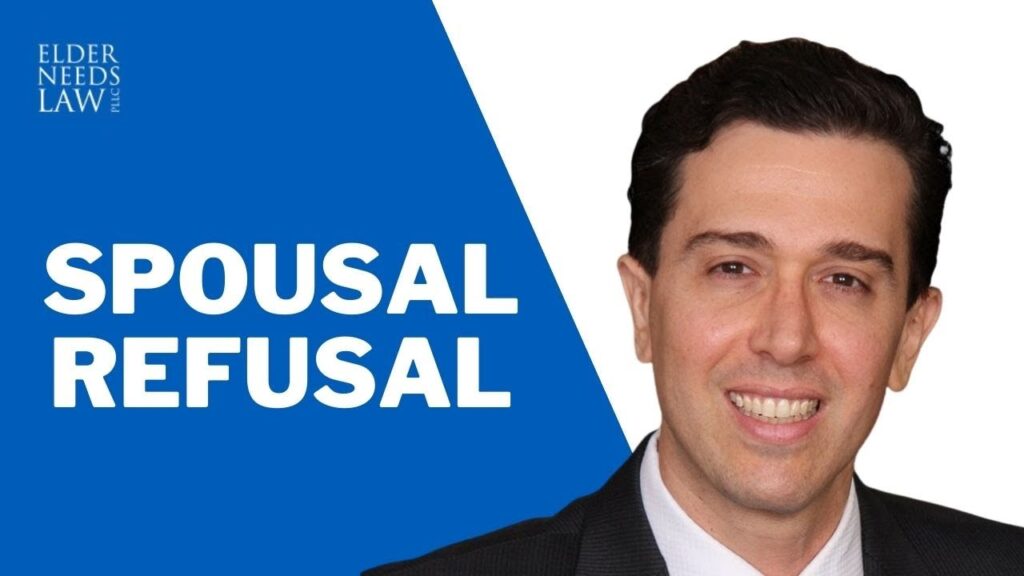
In the complex world of Medicaid planning, understanding the concept of Spousal Refusal can be a vital strategy for married couples in Florida seeking to protect their assets while navigating long-term care options.
Spousal Refusal: A Clever Tactic for Medicaid in the Sunshine State
When navigating the sometimes murky waters of Medicaid planning in Florida, one strategy that often raises eyebrows is what’s known as Spousal Refusal. This might sound like a plot twist in a soap opera, but it’s actually a legitimate approach for couples looking to optimize their financial standing while securing long-term care.
The Basics of Spousal Refusal
So, what exactly is Spousal Refusal? Imagine one spouse saying, “I refuse to pay for your care!”—and legally, they can! In a nutshell, this strategy allows the healthy partner to refuse to use their assets to cover the costs of the other spouse’s long-term care. It’s like a financial game of chicken, but with a much more serious outcome.
Why Use This Strategy?
Why would anyone embark on this rollercoaster of refusal? Well, it allows the couple to protect their assets while still qualifying for Medicaid benefits. Think of it as a shield against the financial dragons that threaten to burn through your hard-earned savings. Plus, it can provide peace of mind knowing that both partners can enjoy a comfortable life, even when faced with health challenges.
Potential Pitfalls
Of course, like any good plot twist, there are potential pitfalls to consider. Medicaid has its own set of rules, and playing the refusal card might not always be a winning strategy. It’s essential to consult with a Medicaid planning expert who can help navigate these treacherous waters—because let’s face it, you wouldn’t want to end up in the Medicaid version of a reality show!
In Conclusion
In the grand scheme of financial planning, using Spousal Refusal can be a savvy move for couples in Florida. Just remember, while it might sound like a dramatic choice, it’s all about ensuring both partners can still thrive without sacrificing their financial future. So, embrace the strategy, but do it wisely—after all, no one wants to end up as the star of their own financial horror story!
